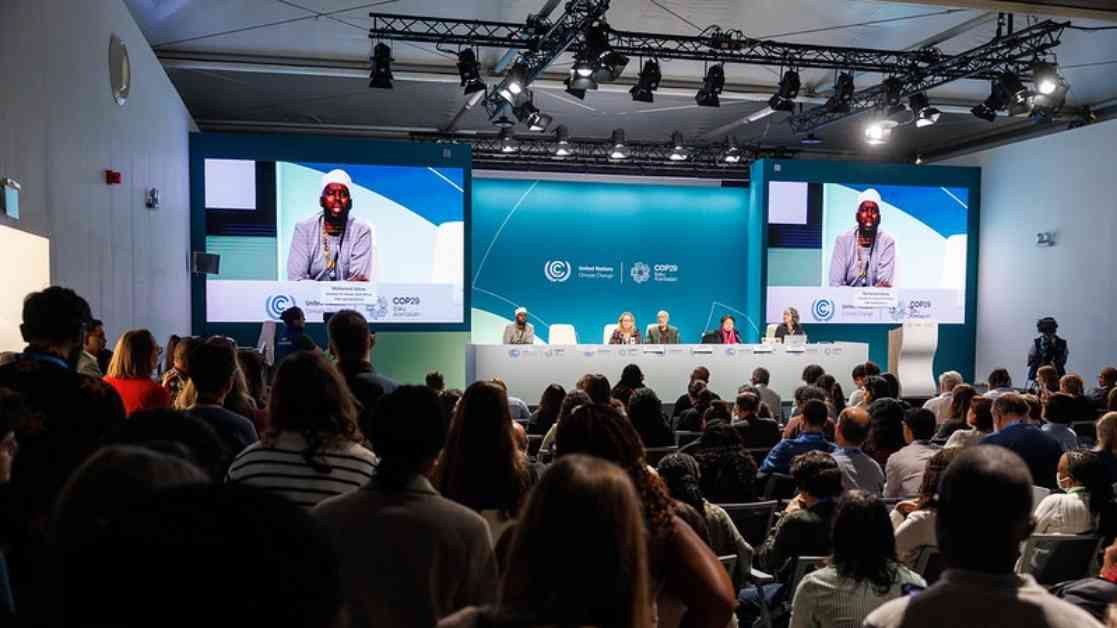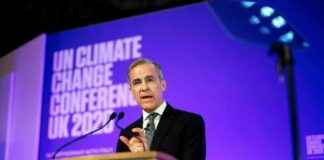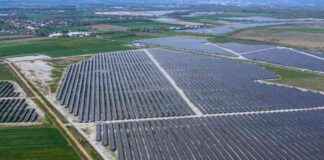Discontentment Over $250 Billion Climate Finance Goal at COP29
The latest text at COP29 has stirred up heated reactions from various groups over the proposed $250 billion annual public climate finance goal by 2035. The African Group, led by Kenya’s special envoy Ali Mohamed, has vehemently criticized this figure as “totally unacceptable,” stating that it would lead to significant loss of life and jeopardize the world’s future. The group emphasized the urgent need for a more substantial commitment from developed countries to address the climate crisis effectively.
Developing Countries Express Disappointment and Disapproval
Developing countries, including members of the African Group and the Alliance of Small Island States (AOSIS), have voiced their strong disapproval of the proposed finance goal. They argue that the current figure falls far short of the necessary funding required to combat climate change adequately. The lack of sufficient public funding and grants for developing nations has raised concerns about the inequity in climate finance distribution.
Campaigners Advocate for Stronger Commitments
Climate justice campaigners and activists have called on governments to prioritize the needs of vulnerable communities and push for a more ambitious international public finance goal. They emphasize the crucial role of wealthy nations, including emerging economies like China, in contributing their fair share to address the impacts of climate change. The urgency of securing a strong financial commitment to meet the demands of developing countries underscores the critical nature of the ongoing negotiations at COP29.
Saudi Opposition and Removal of Key Climate Provisions
Saudi Arabia’s opposition to specific language targeting fossil fuels and human rights has led to the removal of crucial provisions in the draft text. The exclusion of references to transitioning away from fossil fuels and protecting human rights highlights the challenges faced in reaching consensus on key issues at COP29. The differing priorities and perspectives among participating countries underscore the complex nature of the negotiations and the need for inclusive and transparent dialogue to address pressing climate concerns.














